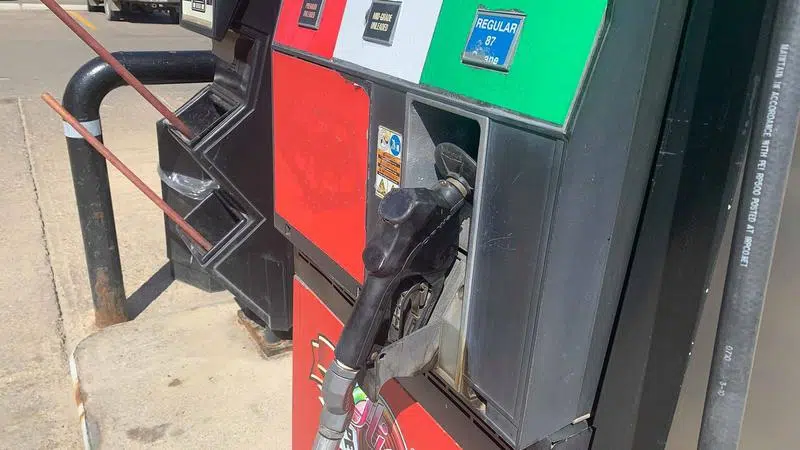
Understanding the carbon tax and how it applies to you
With just over two months to go until the federal election, the carbon tax is one of the top issues people are talking about, according to the candidates in the Prince Albert riding.
Liberal candidate Estelle Hjertaas sat down with paNOW this week to talk about her party’s plans to tackle climate change and help clear up misconceptions people had about it.
“In really simple terms, putting a price on bad things makes us want to use less of them. In this case the bad thing is greenhouse gas emissions or in short form we call it carbon equivalent,” she said.
The actual details of the Liberal plan are a bit more complicated. Hjertaas explained in the free market consumers are led to believe all the information on the products at the store is included in the price, but that’s not the reality, adding often people will often just pay for the item that is cheaper.

